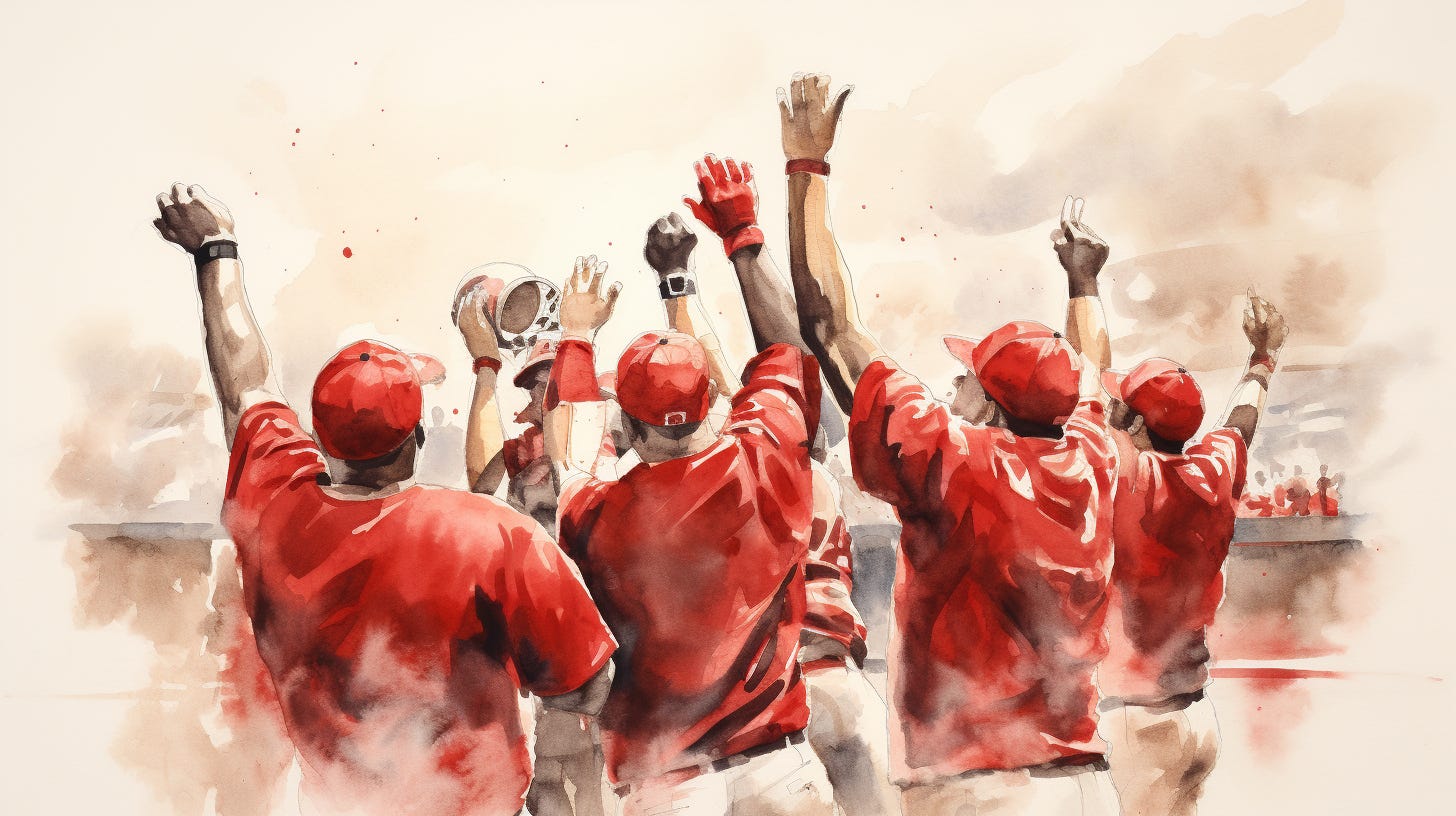In 2019, the Washington Nationals won the World Series, becoming the champions of Major League Baseball (MLB). I have lived in the DC area my entire life and even attended one of the National League Championship Series games prior to the World Series. The celebrations afterward were jubilant, as they should have been. The previous year, the Washington Capitals had won the NHL Stanley Cup so it was a good time to be a sports fan in Washington - especially after years of futility and embarrassment from all of its major professional teams.
As thrilling as the World Series was for the Nationals and is for every other team that wins it, that is not what is most interesting to me. Instead, it is the regular season, which the Nationals finished with a record of 93 wins and 69 losses. The MLB has a 162-game regular season - nearly double that of the 82 games played in the NBA and NHL, and dwarfing the 17 games of the NFL regular season.
162 games can be a grind and any individual victory can feel less than meaningful but, in aggregate, victories pile up to get a team into the postseason. In terms of software and project management, each regular season game is a milestone. Each win is a milestone achieved and each loss is a milestone missed. Miss too many milestones and you don’t achieve your desired outcome - you don’t ship a key feature on time, or you miss a delivery date, or you don’t make it to the World Series.
Watch any team carefully during the regular season and you will see that they celebrate every victory in some way. It may be as simple as high-fives in the dugout or on the mound or some other recognition appropriate to a regular season win. They don’t shut down the streets and have a parade every time, but they acknowledge the win.
After every loss, there’s surely some kind of postmortem to understand what may have happened or what could be done better. To be sure, the postmortem will be quick and the team will turn its attention to the next game.
The important part is that there is usually some form of appropriate recognition for each outcome. It’s important to celebrate achievements in some way as they happen - not necessarily waiting for a scheduled review or retro - though they should be recognized then as well.
I have worked in organizations and on teams that had very structured processes and triggers for postmortems in response to an incident or a missed milestone, but had little to no process for recognition or celebration outside of scheduled reviews. If you look around and find that what I just described looks like your environment, then I invite you to consider the culture that you are building with that emphasis.
I’ll close with an anecdote from my government contracting days. It is customary, when you lose the competition for a government RFP, to request a debrief to gather information on why you weren’t selected. This helps you learn how you can do better in the future.
After winning the competition for a key RFP, our team requested a debrief. The contracting officer was surprised. “Why do you want a debrief? You won.” Our response was that we wanted to learn why we won so that we could try to replicate that in the future.
Whether shipping product or writing proposals or playing baseball, the take-away is the same - give at least as much attention to your wins as you do to your losses. Give more if you can. It’s a key component to building a winning culture.





Great stuff, Bill!